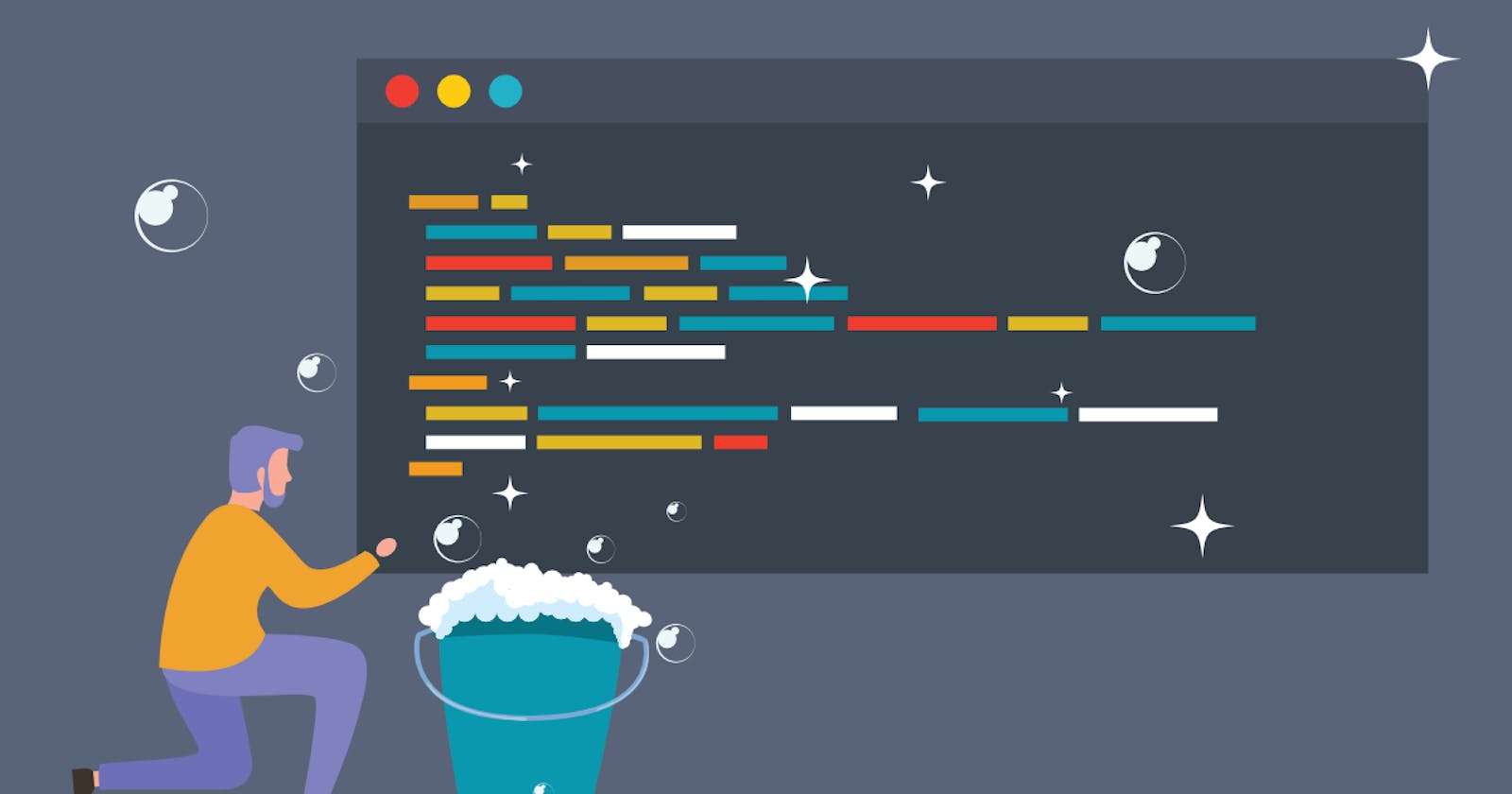Writing clean and efficient code is an art that every developer aspires to master. It's not just about making your code aesthetically pleasing but also ensuring that it runs smoothly, is easy to maintain, and minimizes bugs. In this blog, we'll explore some best practices that will help you elevate your coding game to the next level.
Keep It Simple and Readable: Start with the basics. Write code that's easy to read and understand. Use meaningful variable names, avoid unnecessary abbreviations, and maintain consistent formatting. Remember, code is read more often than it's written.
Modularize Your Code: Break your code into smaller, reusable modules or functions. This not only makes your code more organized but also simplifies debugging and maintenance.
Comments and Documentation: Comment your code, but not excessively. Comments should explain why something is done, not what it does (the code itself should do that). Consider writing API documentation to make your codebase more accessible.
Follow the DRY Principle: DRY stands for "Don't Repeat Yourself." If you find yourself writing the same code in multiple places, consider creating a function or class to handle that functionality. This reduces redundancy and minimizes errors.
Optimize for Performance: Pay attention to the performance of your code. Use data structures and algorithms that are efficient for the task at hand. Profile your code to identify bottlenecks and optimize accordingly.
Error Handling: Implement proper error handling. Use try-catch blocks (or equivalent) to gracefully handle exceptions and errors. Provide meaningful error messages to aid debugging.
Version Control: Use version control systems like Git to track changes in your code. This not only helps you collaborate with others but also provides a safety net in case something goes wrong.
Testing: Write unit tests for your code. Test-driven development (TDD) can help you catch bugs early and ensure that your code behaves as expected.
Code Reviews: Embrace code reviews as a way to improve code quality. Encourage your peers to review your code and be open to constructive criticism. It's a great way to learn and grow as a developer.
Continuous Learning: Stay updated with the latest best practices, programming languages, and tools. Technology evolves rapidly, and being stagnant is not an option.
Writing clean and efficient code is not just a goal; it's a journey. By following these best practices, you'll not only produce code that's easier to maintain but also earn the respect of your peers and become a more effective developer. Remember, the art of coding is not just about making computers understand; it's about making your fellow developers understand too. Happy coding! 🚀👩💻👨💻

